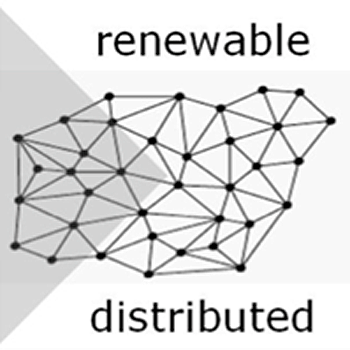System Design for Sustainable Energy for all. A new challenging role for design to foster sustainable development
DOI:
https://doi.org/10.7577/formakademisk.791Keywords:
Product-Service System, design for sustainability, Distributed Renewable Energy, energy for all, low and middle-income contexts.Abstract
This paper argues that Product-Service System Design for Sustainability applied to Distributed Renewable Energy DRE) is a promising approach to help achieve the goal of “Sustainable energy for all” (United Nation). Firstly, two understandings are presented: 1) Distributed Renewable Energy (DRE) is a key leverage for sustainable development and; 2) Product-Service System (PSS) is a promising model for sustainable development. Based on those understandings two consequent research hypotheses are presented: 1) S.PSS is a promising model for DRE and is particularly relevant for the distributed and informal economies in low-middle income (all) contexts; 2) (Product-Service) System Design for Sustainable energy for all is a new challenging role for design. The recently awarded LeNSes (Learning Network on Sustainable energy system) EU project (bi-regional with Africa) is based on these hypotheses and it is introduced in terms of its aims and expected results, i.e. to deepen and diffuse the knowledge-base and know-how of system design for sustainable energy for all. Finally, two best practices of DRE-based S.PSS are described, one is the recently awarded (2014 International Ashden) project ‘M-POWER Off-grid electric services in Arusha, Tanzania’ and the second is the pilot implementation of the ‘Sunride sustainable mobility system in Cape Town’.

Downloads
Published
How to Cite
Issue
Section
License
Authors who publish with this journal agree to the following terms:
- Authors retain copyright and grant the journal right of first publication with the work simultaneously licensed under a Creative Commons Attribution 4.0 License that allows others to share the work with an acknowledgement of the work's authorship and initial publication in this journal.
- Authors are able to enter into separate, additional contractual arrangements for the non-exclusive distribution of the journal's published version of the work (e.g., post it to an institutional repository or publish it in a book), with an acknowledgement of its initial publication in this journal.
- Authors are permitted and encouraged to post their work online (e.g., in institutional repositories or on their website) prior to and during the submission process, as it can lead to productive exchanges, as well as earlier and greater citation of published work (See The Effect of Open Access).
- The author(s) must manage their economic reproduction rights to any third party.
- The journal makes no financial or other compensation for submissions, unless a separate agreement regarding this matter has been made with the author(s).
- The journal is obliged to archive the manuscript (including metadata) in its originally published digital form for at least a suitable amount of time in which the manuscript can be accessed via a long-term archive for digital material, such as in the Norwegian universities’ institutional archives within the framework of the NORA partnership.
The material will be published OpenAccess with a Creative Commons 4.0 License which allows anyone to read, share and adapt the content, even commercially under the licence terms:
This work needs to be appropriately attributed/credited, a link must be provided to the CC-BY 4.0 licence, and changes made need to be indicated in a reasonable manner, but not in any way that suggests that the licensor endorses you or your use.



